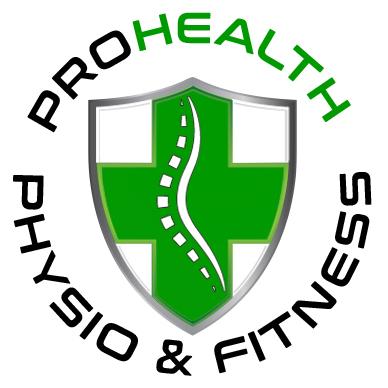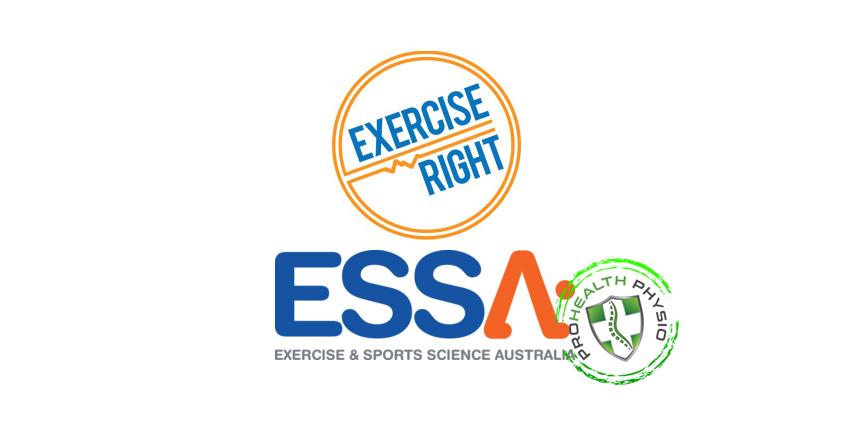This week is Exercise Right Week & the theme this year is ‘Movement is Medicine’. Exercise & Sports Science Australia (ESSA) want to highlight the significant benefits of exercise, physical activity & movement for your physical & mental health regardless of age, weight, experience or health status.
Exercise Right Week - So why is movement so important? Being physically active reduces your risk of chronic conditions and also reduces your risk of mental illness. Your body needs regular movement to stay healthy both physically and mentally. Despite all the benefits Australians aren’t moving enough and its having an effect:
- Over half of Australian adults don’t meet the recommended guidelines of 150 minutes of moderate intensity exercise or 75 minutes of vigorous intensity physical activity per week.
- 1 in 2 Australians are living with at least one chronic condition (cardiovascular disease, diabetes, osteoarthritis).
- 45% of Australians will experience a mental health condition like depression in their lifetime.
- 67% of Australian adults are considered either overweight or obese.
- There are 900,000 more people living with obesity today (not including those who are overweight), compared to just 3 years ago
- The number of people with obesity has more than doubled in the past decade from 2.7 million to 5.8 million.
It has been proven that movement is medicine for all age groups no matter what your level of experience or fitness levels something is always better than nothing. It is important to see physical activity as a vital part of your lifestyle and not just something to help you lose weight. Please see below a description of how much exercise is right for you based on ESSA recommendations.
Children & young people aged 5 – 17
- For health benefits, children aged 5–12 years should accumulate at least 60 minutes of moderate to vigorous intensity physical activity every day.
- Children’s physical activity should include a variety of aerobic activities, including some vigorous intensity activity.
- On at least three days per week, children should engage in activities that strengthen muscle and bone.
- To achieve additional health benefits, children should engage in more activity – up to several hours per day.
Exercise Physiologists are specially qualified to understand the complexities around working with children living with illness and injury. They will work with doctors and other allied health professionals to ensure your child’s safety and well-being. They also have the skills and knowledge to prescribe effective exercise interventions that are individualised to your child’s specific needs.
Adults aged 18 – 64
- Doing any physical activity is better than doing none. If you currently do no physical activity, start by doing some, and gradually build up to the recommended amount.
- Be active on most, preferably all, days every week.
- Accumulate 150 to 300 minutes (2 ½ to 5 hours) of moderate intensity physical activity or 75 to 150 minutes (1 ¼ to 2 ½ hours) of vigorous intensity physical activity, or an equivalent combination of both moderate and vigorous activities, each week.
- Do muscle strengthening activities on at least 2 days each week.
Older Adults 65+
- Older people should do some form of physical activity, no matter what their age, weight, health problems or abilities.
- Older people should be active every day in as many ways as possible, doing a range of physical activities that incorporate fitness, strength, balance and flexibility.
- Older people should accumulate at least 30 minutes of moderate intensity physical activity on most, preferably all, days.
- Older people who have stopped physical activity, or who are starting a new physical activity, should start at a level that is easily manageable and gradually build up the recommended amount, type and frequency of activity.
- Older people who continue to enjoy a lifetime of vigorous physical activity should carry on doing so in a manner suited to their capability into later life, provided recommended safety procedures and guidelines are adhered to.
For further information, please refer to the following:

